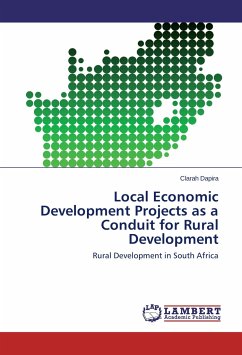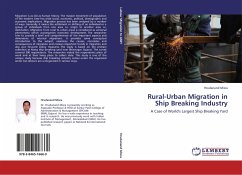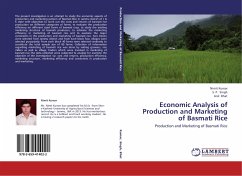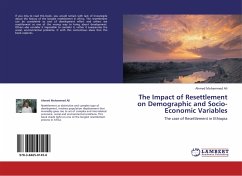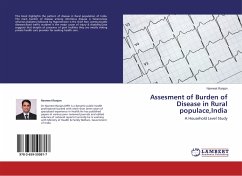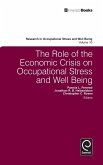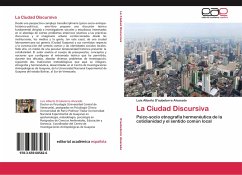One of the scathing legacies of apartheid in South Africa is the structural nature of rural poverty with high rates of rural unemployment and inequality as its central feature. These developmental challenges are more pronounced among the previously disadvantaged communities especially in provinces that host the former homelands, namely, the Eastern Cape and Limpopo province. Faced by this rural development impasse, the post-apartheid state has implemented various strategies geared towards creating more job opportunities and diversifying sources of rural incomes. In this regard, the promotion of Local Economic Development initiatives (LED) has received significant national interest which stretches from government, business and non-governmental organisations as having the potential to resuscitate rural economies and create job opportunities. Utilising methodological pluralism as the research design, the researcher critically investigated the effectiveness of LED as a conduit for rural development. Thus, this study can benefit lecturers and students of Development Studies and development practitioners.
Bitte wählen Sie Ihr Anliegen aus.
Rechnungen
Retourenschein anfordern
Bestellstatus
Storno

